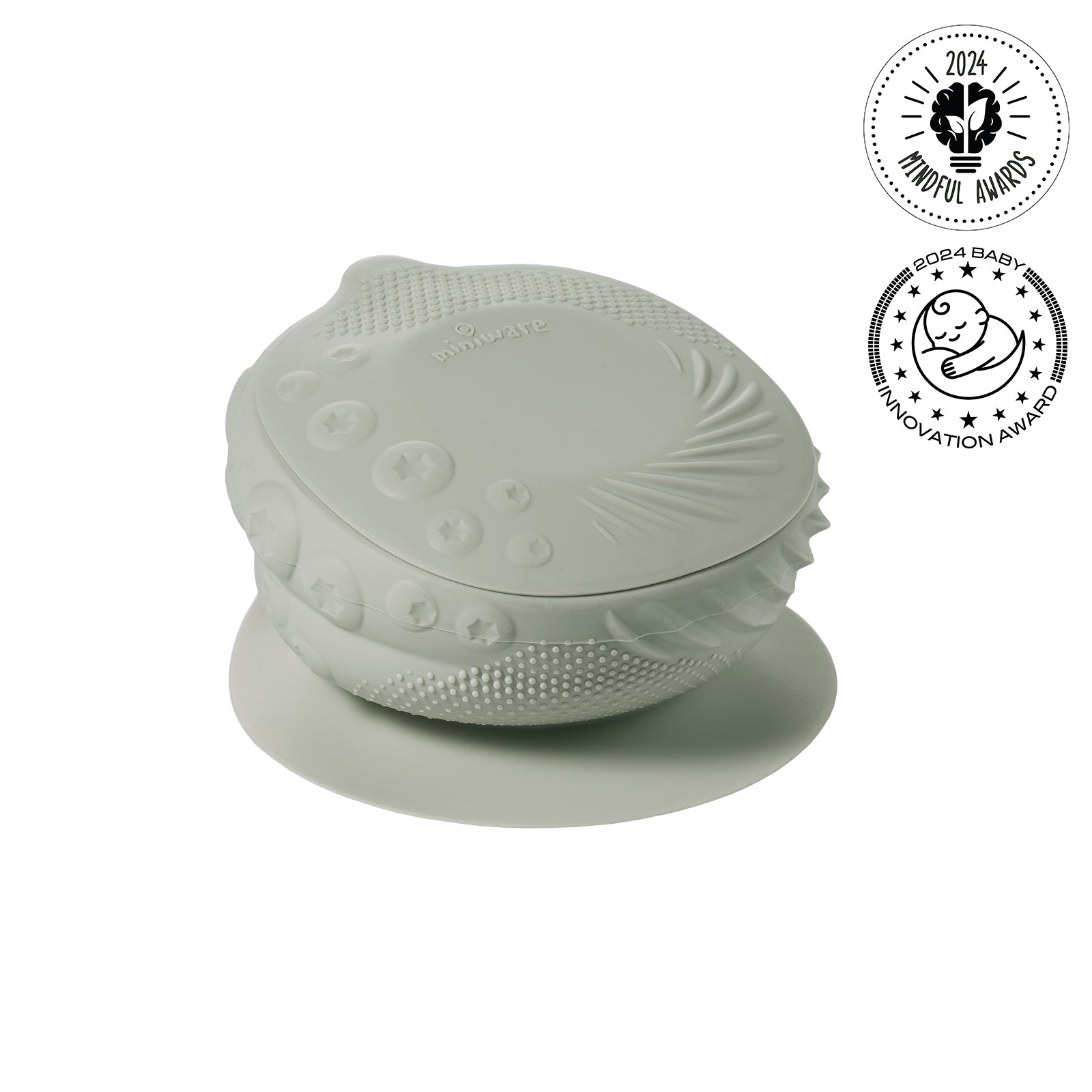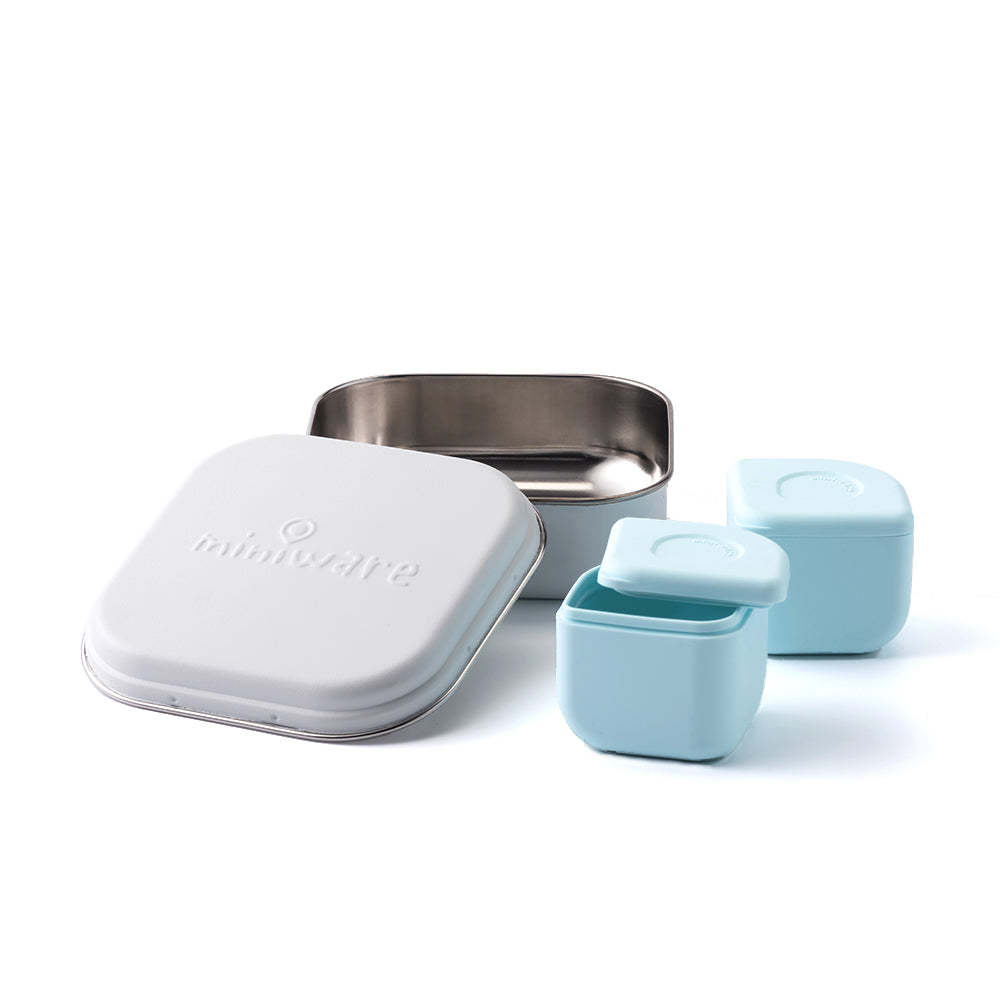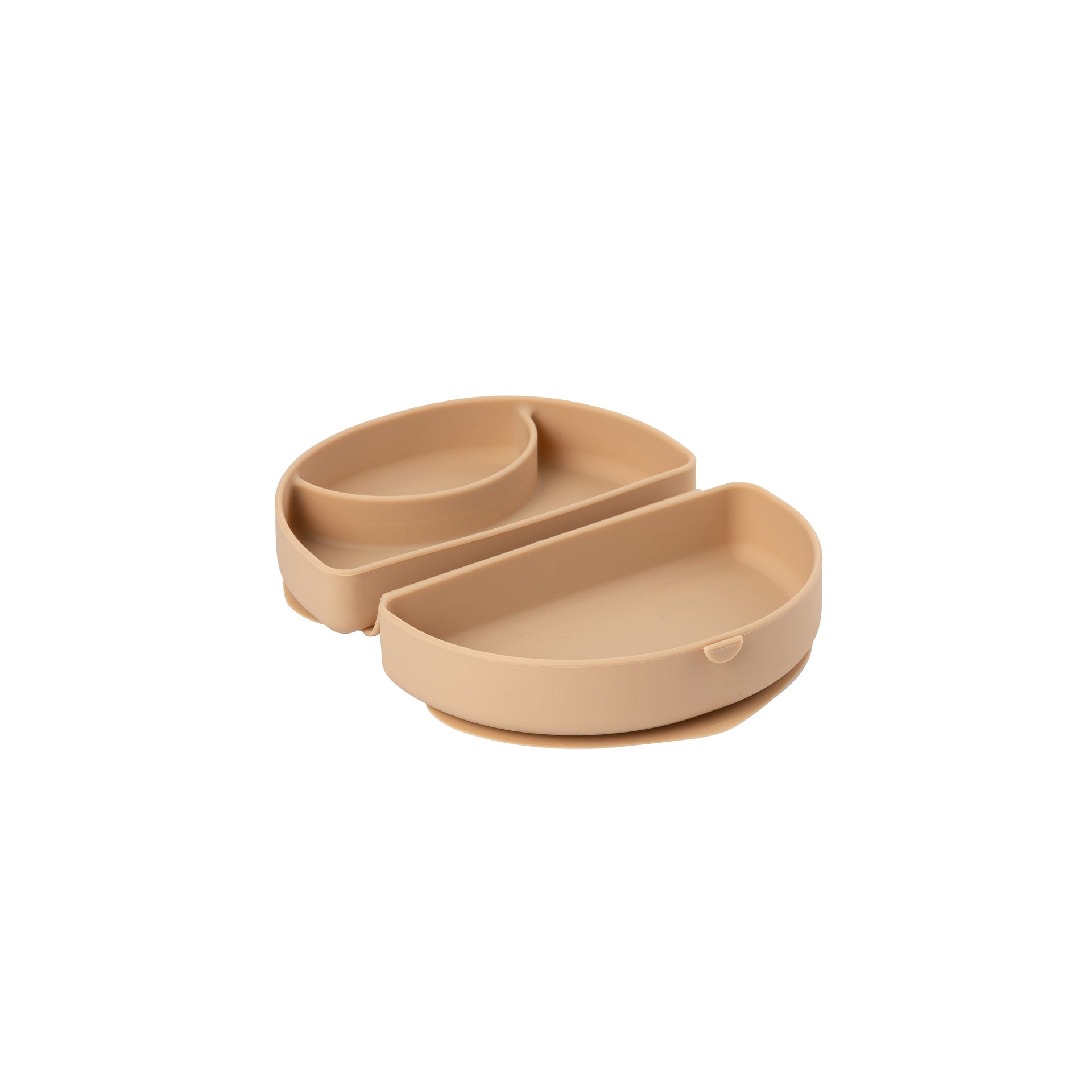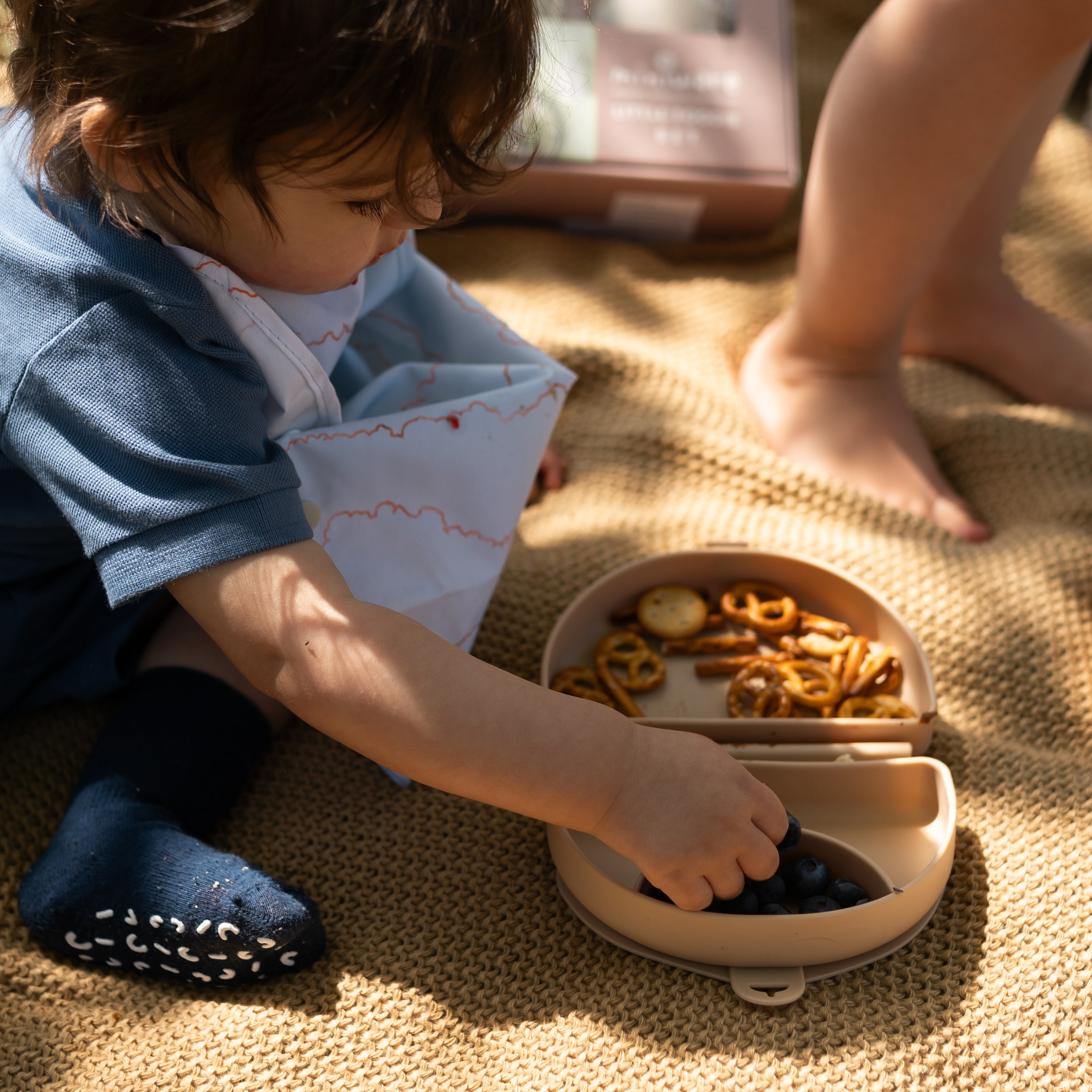Witnessing the miracle of baby milestones is an experience that crosses all boundaries. It seems like just yesterday you received a little bundle of joy and now here they are sitting, scooting, crawling and headed for walking! What parent hasn’t wanted to stop time to enjoy just a little more of their baby’s early stages? They just seem so fleeting! But fear not, your baby’s first steps aren’t just exciting but open up a whole new, fun, developmental stage to experience together!
One day your little one might be unsteadily standing, clutching a sofa cushion and the next, they’re cruising using whatever they can grab to keep them upright. Before you know it, you’ll be in the next heart-pounding stage of independent walking, where they look like they’re about to topple over any second. But then they’ll gain their balance and it’s off to the races! And hopping, jumping, skipping and dancing! A bevy of incredible toddler milestones comes next, but we’re getting ahead of ourselves.
Dos and Don’ts of Baby’s First Steps
As your baby develops, they’re gaining the strength and balance needed to keep them upright for the rest of their lives. All babies grow at their own pace. There’s no “right” time for your baby to take their first steps. The best thing you can do is to help them build their muscles, coordination and balance, then let them go at their own pace.
Here’s what you can do as parents to help guide your baby towards the walking milestone:
DO encourage playtime in the sitting position. Once your baby begins sitting upright without extra support, they are building the core strength to stand and stay upright. Help your baby develop strong back and abdominal muscles by playing games in the sitting position, such as rolling a ball back and forth or building with blocks.
DO give positive encouragement and praise crawling. Crawling is an important landmark prior to walking. Encourage your baby to distance crawl during this time with fun games like crawl chase or ball chase. Build tunnels for baby to crawl through and turn it into a peek-a-boo/hide-and-seek game. The important thing is to keep baby moving during playtime!
DO get your squats in. Once your baby begins pulling herself up into the standing position with help from furniture or parents, it’s important to teach her how to safely get back to the floor. You can demonstrate and help your baby with standing, then bending the knees into a squat, then help your baby gently return to a seated or crawling position. Not only will this build leg and glute strength (in both of you) but gives your baby the skills to prevent awkward falls in the future.
DO baby proof for cruisers! Soon your baby will be zipping around the house using furniture, the walls and other people as support. This stage is called “cruising.” This increased mobility can uncover new dangers for baby such as unsteady furniture, falling objects, and access to cabinets and drawers. Get down on your baby’s level to see what he can reach!
DO encourage standing without help. Once baby is ready to let go and stand on her own, she’s working on building balance. Encourage this milestone by helping her to stand, then let go and excitedly count. Give lots of praise when she returns to the floor. Soon you can play short standing games like patty-cake, peek-a-book, toss the ball, and blowing bubbles. Dancing is another fun way to encourage your baby to stand in one spot.
DO celebrate baby’s first steps! Those first steps are a monumental milestone for your baby so go ahead and celebrate the heck out of it! Cheer your baby on as they move on their own to give them the confidence and encouragement to keep walking. This is just the beginning of having a zooming toddler so cherish the moment and congratulate your baby on a job well done!
And, finally…
DON’T rely on baby walkers. The American Academy of Pediatrics (AAP) strongly discourages the use of walkers, stating that they actually slow natural development of walking and are very dangerous. More than 9,000 babies per year are injured by walkers and 2,000 of those end up in emergency rooms with serious injuries.
DON’T panic. The average age for walking is 12 months, but there’s nothing wrong if it takes longer for your baby’s first steps. Just continue with strength-building games and positive encouragement, soon your baby will join the ranks of walking, running, amazingly fast, toddlers!










